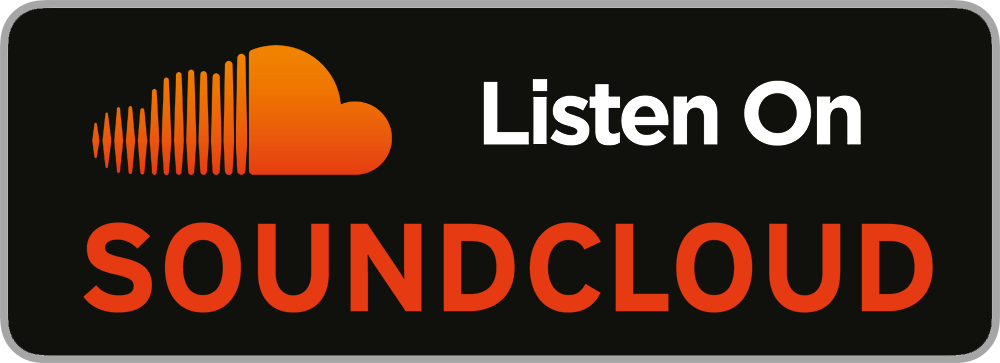Fleet Space Technologies’ Chief People Officer Isa Notermans explores the evolving role of HR and the expanding remit of practitioners in a transformed work environment.
In the latest episode of AHRI’s podcast, Let’s Take This Offline, our host, Tani Jacobi CPHR, Acting General Manager of HR Standards and Capability at AHRI, speaks with Isa Notermans, Chief People Officer at Fleet Space Technologies.
Notermans shares her learnings on the evolution of HR from heading up global DEI at Spotify and leading an APAC HR team at Google, as well as providing practical tools for HR to move beyond transactional functions to become trusted strategic advisors.
Listeners will gain tools to foster collaboration across the business, leverage data and storytelling to influence decision-making and redefine HR’s role to drive both people and business outcomes.
Below is a snippet of their conversation, edited for clarity. You can listen to the full episode below or on your preferred streaming platform.
A new era for HR as a strategic partner in change
Tani Jacobi CPHR: Our role as HR practitioners and the remit that we cover has both evolved and expanded exponentially over time. Considering the increasing complexity of our working environments now and looking ahead, it’s probably fair to say we can expect it to evolve further. I’m curious about your take on this shift, particularly what changes you’ve seen around the different expectations team members and organisations put on HR.
Isa Notermans: You’re absolutely right. I’ve never seen such a rapid shift in expansion as I have in this role. And I think it’s a combination of a few things.
I think our leaders are now starting to realise that they cannot just be functional leaders anymore. They have to be so much more. They have to expand. And their typical remits now include a lot more people-centric practices. They’re realising that the way that they used to execute and the way they used to deliver now needs to be revised and revisited through the lens of their teams and and through the performance of those teams, so there’s that piece.
Secondly, we’re often pulled into conversations a whole lot earlier to solve some of the broader team-based issues that exist. I think the rapid evolution of technology means there’s this very blurry line now between where people end and technology begins, and HR practitioners can help navigate that in a lot of ways as we evolve and as we build up those new skills.
And then, thirdly, I think the world of work has shifted so much and so dramatically, not just through COVID-19 but through political and economic shifts, that have meant that work and life is no longer just this line – it’s a very blurry space to exist. And I think where we add the most value is helping employees and people navigate that in many ways as, again, it continues to shift and expand.
“There’s a shift now in how we’re branding ourselves, saying, ‘We’re here to support you, yes, but we’re also here to make you feel like you can do the best work of your life.’” – Isa Notermans, Chief People Officer at Fleet Space Technologies
Moving from reactive to reflective HR practices
Tani Jacobi CPHR: How do you support leaders and employees to navigate the day-to-day complexities of work?
Isa Notermans: First of all, I don’t always bring the solution. So for me, it’s about entering a conversation around exploration, at the very core.
It really starts from a place of exploration and curiosity. What’s this telling me about our business? What’s this telling me about our organisational culture? What’s this telling me about my people that I don’t already know? So there might be a behaviour, or there might be something going on that we want to be curious about and explore a little further.
I encourage leaders when we’re in a conversation, myself and them, to start with curiosity – let’s understand; let’s unpack this. We’ll never come with the solution up front.
I also try not to be reactive. I often sit with them for a while, then say, ‘I’m going to go away and come back with a response that I think could work’ – so it’s not just me reacting and going, ‘Ok, you want me to quickly pull this together and ship this new policy,’ for example.

Evolving perceptions of the role of HR in today’s workplace
Tani Jacobi CPHR: I’ve heard you speak about your role as that strategic advisor to the CEO, and it got me thinking about the perception of HR in businesses, and the perception of what the role is that we are there to play.
In some cases, our perception as practitioners has evolved, and we know the value that we can bring. But maybe our non-HR peers haven’t come to that level of thinking yet, and they may still be operating with us in a way that’s from the past. Can you share your thoughts on reframing that role of HR?
Isa Notermans: I remember starting my career in HR, and people would literally come up to me and go, ‘HR is the last resort. We don’t talk. I’m just letting you know I’m not going to come to you unless I’m looking at quitting, or if something really bad is happening.’ I was like, ‘Oh, this is going to be tough.’ That was actually happening up until pretty recently, to be honest.
Now, one of the first things people think about when they’re at work and need support is ‘I’ll go to HR.’ We’re the first line of defense rather than the last.
The beauty of HR, in many regards, is that we have a lot of context – and that helps immensely. There’s an expectation that we understand a P&L or financial commercial standings. We understand where all the different pieces of the business are. We have this beautiful view of the organisation in its entirety. That context can really help, where a lot of other folks might not have that full context. That’s really an important asset in our toolkit.
So I think there’s a shift now in how we’re branding ourselves, saying, ‘We’re here to support you, yes, but we’re also here to make you feel like you can do the best work of your life.’ It’s a real hook compared to where we had come from, which was: ‘Follow the rules; don’t mess up.’
This is an edited excerpt from Isa Noterman’s podcast episode ‘Reframing HR’s role’. Listen to the full episode here and subscribe to ensure you never miss a future episode.




